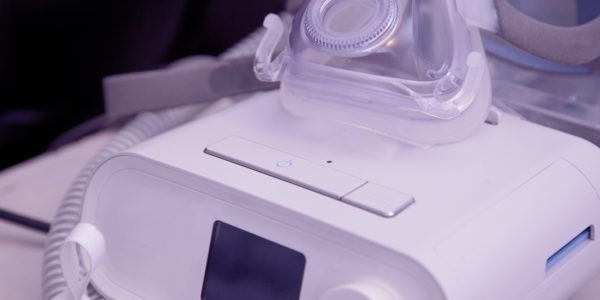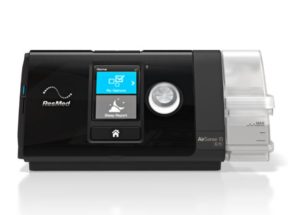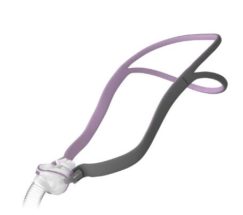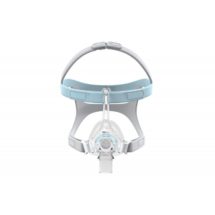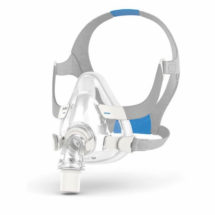Sleep apnea is a sleep disorder that involves many mechanisms and has various implications such as excessive drowsiness. People suffering from it will tend to fall asleep or sleep during the day, frequently and recurrently. This disorder also manifests itself as a chronic fatigue syndrome and may explain some forms of hypersomnia. As it has multiple consequences, this disorder must be treated as well as possible in order to reduce its effects.
How to know if you have sleep apnea
Sleep apnea can manifest itself in many ways, there are many symptoms and they are important clues for a diagnosis. However, it must be diagnosed by a specialist who will carry out an examination. This sleep anomaly can be suspected as soon as the person experiences several of the following symptoms: headache when getting up, chronic fatigue, repeated waking up at night, mood swings, irritability and many others. So, if you suffer from excessive fatigue, what should you do? Above all, it is essential to consult a doctor who will recommend a specialist for a more thorough examination.
Causes and consequences of sleep apnea
Sleep apnea causes quite significant symptoms and is characterized by significant drowsiness. However, before taking a closer look at the consequences, we must also look at the cause of sleep apnea, a problem that can occur in children, adults and pregnant women alike.
There are several forms of apnea, such as obstructive apnea, which can result from a decrease in muscle tone, leading to a collapse of the respiratory tract and, consequently, respiratory arrest. It is the most common form of sleep apnea.
Another possible form of this disease, but which is rather rare, is central sleep apnea, which is summed up by an absence of breath control. Finally, complex sleep apnea is an association of obstructive and central apnea.
Some elements can also aggravate sleep apnea, such as overweight, pregnancy, smoking, chronic sinusitis or acute sinusitis, or, for example, blocked nasal cavities.
The consequences of this condition include snoring, excessive fatigue during the day, the feeling of not being rested after a night’s sleep, night choking, headache when getting up, high blood pressure or chronic fatigue. Beyond these symptoms, sleep apnea can lead to severe fatigue, reduced attention to work, stress and even major depression. The consequences on mental health are therefore far from negligible, which is why treatment is essential.
How to treat sleep apnea
It is essential to establish the diagnosis of sleep apnea. The first step is to consult your general practitioner who will refer you to a sleep specialist who usually works in a sleep clinic. He will be able to indicate the next steps to follow for the treatment plan in the event of a positive diagnosis. You can also meet with a respiratory therapist to advise you on the sale or rental of a device, with rigorous follow-ups to validate adherence to the treatment plan, year after year.
In a sleep clinic, the specialist will be able to perform an examination specific to sleep apnea, in particular by determining if there is a respiratory arrest. The Epworth Sleepiness Scale can be useful to guide us on the severity of daytime symptoms. Once the diagnosis is established, the right devices and products will be recommended, Médicus has a wide range of products for sleep apnea.
Maintaining a healthy lifestyle in all types of apnea, both severe and mild
Generally, natural treatments will go through different advice to be put into practice:
- Weight loss
- Smoking cessation
- The resumption of sporting activity.
CPAP devices, masks and accessories
All masks and accessories are designed to meet individual needs and preferences. There are three families of masks: the nostril, the nasal and the naso-buccal.
- Facial mask: Nasal breathing only. A more invasive device, because it obstructs each end of the nostrils. (Ex: ResMed – Air Fit P10, Air Fit P10 for women)
- Nasal mask: Nasal breathing only. Wraps the nose without clogging the nostrils. (Ex: Fisher and Paykel – Eson 2 & Respironics -DreamWear)
- Naso-buccal mask: For people who breathe only through the mouth and do not tolerate a nasal mask. (Ex: ResMed – Air Fit F20 & Fisher and Paykel- Vitera)
Validated by Carolanne Gélinas, Respiratory therapist at Médicus

